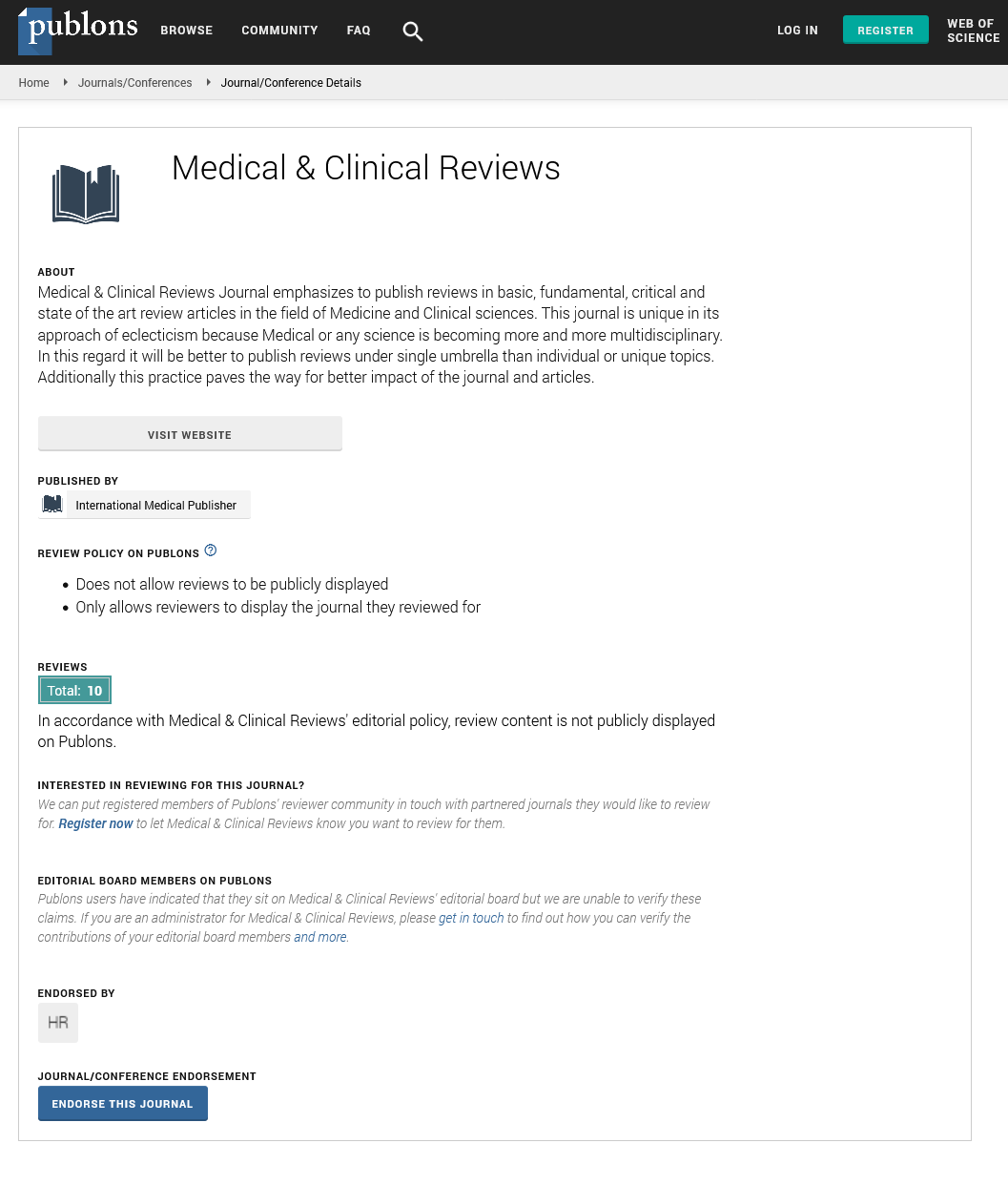ISSN : 2471-299X
Medical & Clinical Reviews
Abstract
Utilizing Assimilated Whale Optimization and Deep Q-Learning to Interfere with Sensed Input Classification Model for Remote Patient Monitoring
Remote Patient Monitoring (RPM) systems, which are based on the Internet of Medical Things (IoMT), offer real-time data and insights on patients' illnesses without requiring frequent in-person visits to healthcare facilities. The wearable sensors are in charge of measuring people's psychological vitals at various intervals in order to determine their exact health state. In order to solve the continuous and discrete data extraction problems in RPM, this paper presents the Interfering Input Classification Model (IICM). The suggested approach combines deep-Q learning with whale optimization to identify connections and classify various interval data. The whales' search process ending is used to separate the felt data into discrete and continuous categories. The maximal discreteness of such classed data is verified, as is its relationship to earlier sequences. Using continuous clinical range correlations and Q-learning based on various state changes, this connectivity is carried out. The suggested model serves as an example of continuous and discrete signals, or data, for the purpose of anomaly identification and diagnosis suggestion. As a result, the suggested model may consistently increase accuracy and the classification ratio while introducing less errors.
Author(s): Sayyed Johar* and GR Manjula
Abstract | Full-Text | PDF
Share This Article
Google Scholar citation report
Citations : 906
Medical & Clinical Reviews received 906 citations as per Google Scholar report
Medical & Clinical Reviews peer review process verified at publons
Abstracted/Indexed in
- Google Scholar
- China National Knowledge Infrastructure (CNKI)
- Directory of Research Journal Indexing (DRJI)
- WorldCat
- Publons
- Secret Search Engine Labs
Open Access Journals
- Aquaculture & Veterinary Science
- Chemistry & Chemical Sciences
- Clinical Sciences
- Engineering
- General Science
- Genetics & Molecular Biology
- Health Care & Nursing
- Immunology & Microbiology
- Materials Science
- Mathematics & Physics
- Medical Sciences
- Neurology & Psychiatry
- Oncology & Cancer Science
- Pharmaceutical Sciences
